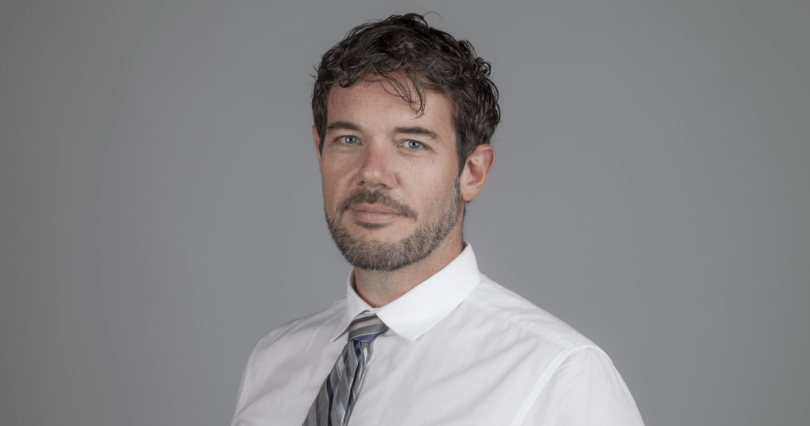Patrick Healy
While much of the commentary about Fiducia Supplicans has been from church leaders, theologians, and pastoral ministers, there have been fewer stories from ordinary people about what the declaration means to them. The New York Times carried one such story, which speaks the impact blessings could have not only for couples, but for families with LGBTQ+ members.
Patrick Healy, a deputy Opinion editor of The Times, wrote about how the blessing declaration and Pope Francis’ LGBTQ-inclusive vision could have helped his mother accept him. His mother, Carol, was a rebellious Catholic school student in her time. She later adopted Patrick with her husband, and raised him in the church, an experience he spoke about positively—particularly because “it was our thing together, mine and my mom’s,” unperturbed by his father and brother.
This experience of church shifted for Patrick during adolescence, when he came to realize he was gay. He notes that he “slowly stopped going to church” and became “a little more withdrawn.” Patrick’s environment at home was homophobic, with a father who would make anti-gay jokes using slurs, and he lived in fear that if his parents know about his sexual orientation “they might send me back to the adoption agency.” Catholic high school in the late 1980s likewise was problematic with its anti-gay atmosphere. Only years later, at age 30, did Patrick decide to come out to his family. He writes:
“The conversations started well. I told my brother over dinner, and he was loving. I took my dad for a walk on the beach; ‘You’re my guy,’ he said. That night at home, with Mom cooking and my father at the kitchen table, I told her that I wanted to share something. I struggled a bit, then got the words out. Her back was to me, but I could see the reaction: She hung her head forward, dropped her shoulders, gripped the counter and started to cry. And then walked to another room.
When she came back, she said she worried that I would live a lonely life, never have a family, never have a good career, that I would be treated like a ‘nancy boy.’ It was a phrase I didn’t remember hearing before, but of course, I knew what it meant. For whatever reason I thought of the priests saying there were no homosexual boys at school. Respect and acceptance felt a long way away that night. . .”
Patrick explains that, with time, his mother shifted her behavior, even welcoming a long-term boyfriend of his into her home. Yet, he notes, “I don’t think she ever really accepted who I was.” There was “no joy, no celebration” when Patrick told her he was to be married, and she never visited his home after. The author made some peace, coupled with anger and pain, with his mother’s limitations—even as he was her primary caregiver in her final days with Alzheimer’s. She passed away in March 2023. Then, in December of that year, when Fiducia Supplicans was released, Patrick’s awareness grew:
“I hadn’t thought about this much until Monday, when Pope Francis announced that priests could bless same-sex relationships. I wondered how my mother would have felt about the news. Would this new blessing have helped her to accept me more fully? Will it help bridge this tension that so many gay Americans have felt in recent decades — greater acceptance in society but condemnation or disrespect in our own families? I have no doubt that my mother loved me, but I think she needed help accepting me — help the church could have given. I saw the pope’s announcement as an attempt at compassion, something I never thought I’d see from the church for gay couples. I like to think the church under Francis is on an imperfect journey, not unlike the journeys many of us went on with our parents, toward some measure of reconciliation. Respect and acceptance still feel far away, as they did at my old kitchen table, but things feel a little less cold now.”
—Robert Shine (he/him), New Ways Ministry, February 27, 2024







